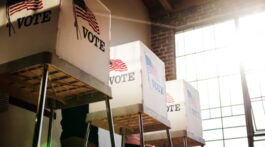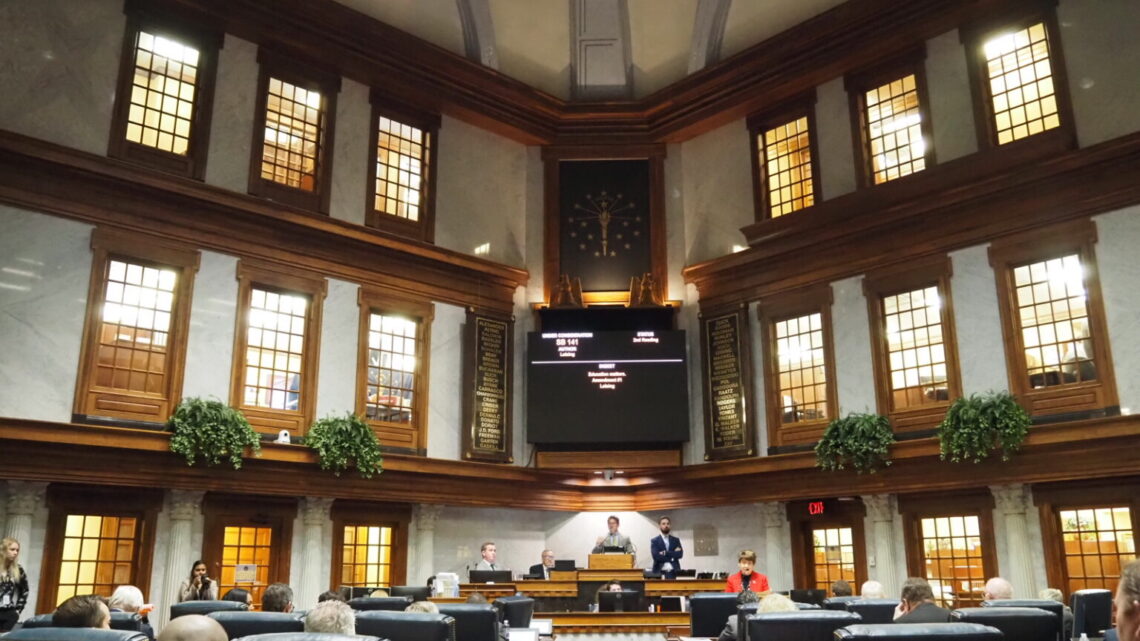In a rare moment of bipartisan unity, the chairs of Indiana’s two major political parties issued a joint statement Monday condemning a recent wave of swatting attempts and threats of political violence targeting elected officials across the state.
Indiana Democratic Party Chair Karen Tallian and Indiana Republican Party Chair Lana Keesling released the statement after law enforcement confirmed multiple incidents in which public officials were targeted with fraudulent emergency calls designed to provoke an armed police response. While details surrounding the individual incidents remain limited due to ongoing investigations, both parties signaled that the situation had escalated enough to warrant a united public stance.
“Threats of political violence and intimidation on elected officials have no place in Indiana,” the chairs said in their joint release. “As chairs of the Indiana Republican and Democratic Parties, we condemn the recent attempted swatting attacks against them. Our elected officials are dedicated public servants, and we are thankful for their safety and the work of local law enforcement to keep everyone safe.”
Swatting — the act of calling in a fake emergency to trigger a police response at someone’s home or workplace — has grown increasingly common nationwide, particularly against journalists, public officials, and political activists. In Indiana alone, there have been several high-profile cases over the last few years, prompting concerns from both local law enforcement and cybersecurity experts. Monday’s joint statement suggests the threat has expanded beyond isolated acts to a broader and more dangerous pattern involving political actors or those attempting to target them.
The bipartisan nature of the warning is noteworthy in today’s climate. Indiana’s political leaders rarely issue joint statements except in cases involving major crises or threats to public institutions. The unified response signals that both parties view the swatting attempts not as political fodder, but as a direct threat to public safety, democratic participation, and the ability of elected officials to perform their duties without intimidation.
Law enforcement agencies have not disclosed which officials were targeted, but sources say the incidents spanned multiple jurisdictions and prompted heightened security measures at both the state and local levels. Several legislative leaders privately acknowledged concerns about the rising risks to themselves and staff, noting that threats and harassment have increased sharply during the past three election cycles.
Security experts say swatting incidents can quickly turn lethal—not only for the intended target but for responding officers and bystanders who may not realize the emergency call is a hoax. The FBI and Department of Justice have both issued advisories in recent years urging states to strengthen coordination, information-sharing, and penalties for offenders.
Indiana lawmakers have pushed for stiffer criminal penalties in past sessions, but the issue has not been the subject of major legislative debate. Monday’s statement—coming from both parties’ top leaders—could accelerate the conversation ahead of the upcoming session.











